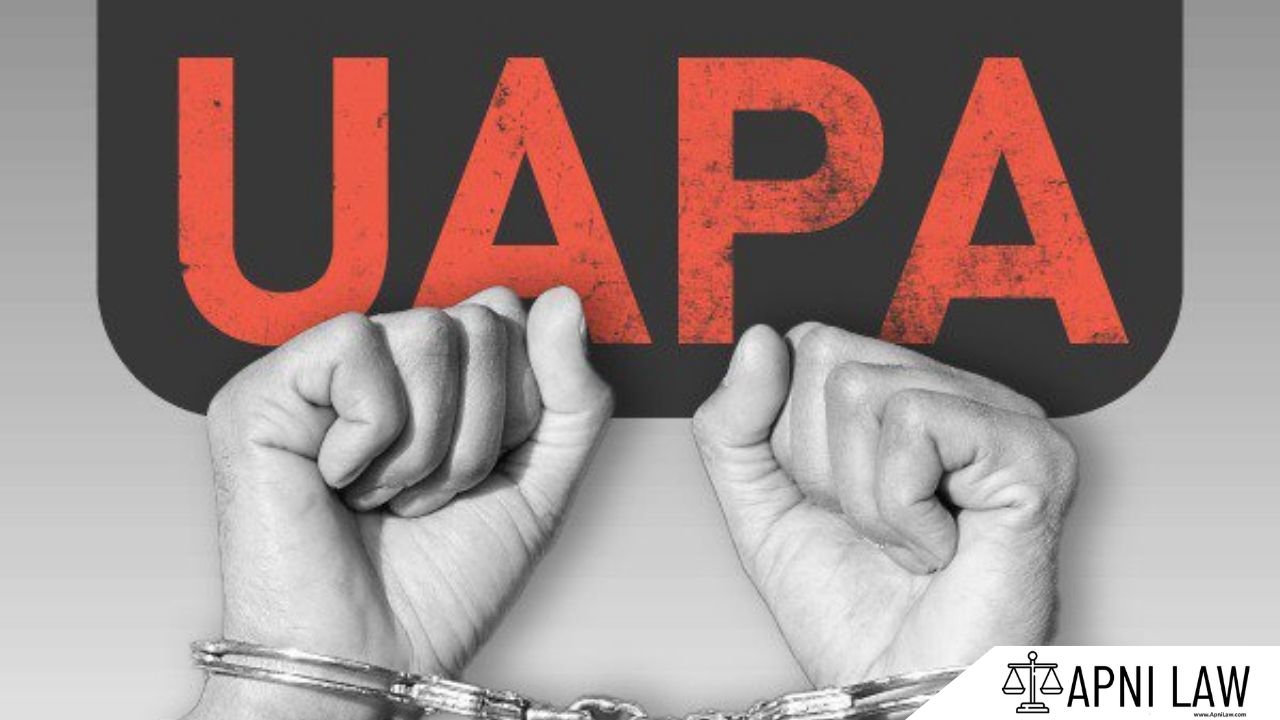Introduction
The debate between Sedition Law and the Unlawful Activities (Prevention) Act (UAPA) raises serious concerns about free speech and democracy in India. Both laws restrict citizens, but their scope and impact differ sharply. Moreover, experts argue that UAPA is more dangerous because of its sweeping powers and lack of safeguards.
What is Sedition Law?
Sedition Law is defined under Section 124A of the Indian Penal Code. It punishes words or actions that incite hatred, contempt, or disaffection against the government of India. The law dates back to colonial times when it was used to silence nationalists and activists. Even after independence, governments continued to invoke sedition against critics and protestors.
The law, however, had some safeguards. Criticism of the government was not sedition unless it incited violence or public disorder. In May 2022, the Supreme Court suspended its application, recognizing that the provision was outdated and prone to misuse.
What is UAPA?
The Unlawful Activities (Prevention) Act (UAPA) goes beyond sedition. It focuses on unlawful and terrorist activities against the nation. Section 13 criminalizes advocacy or incitement of any unlawful activity. Unlike sedition, UAPA does not provide exceptions for peaceful protest or fair criticism.
The law gives the government the power to label organizations as terrorist, preventively detain individuals, and impose strict bail conditions. Bail under UAPA is extremely rare, leaving many accused imprisoned for years without trial. Prosecution under UAPA also requires sanction from the central government, centralizing power and limiting checks and balances.
Why UAPA is Considered More Dangerous
Legal experts consider UAPA more dangerous than Sedition Law for several reasons. First, the scope of UAPA is much broader. Its vague definitions allow peaceful dissent to be treated as a threat to national security. Second, it does not include exceptions like sedition did. Any criticism seen as harmful to the “sovereignty and integrity of India” can lead to prosecution.
The harsh bail provisions add another layer of danger. Many accused spend years in jail while trials move slowly, despite UAPA’s conviction rate being just around 2 percent. The late Father Stan Swamy’s case highlighted how prolonged detention under UAPA can cause irreparable injustice.
In short, sedition targeted disaffection against the government, while UAPA targets disaffection against the nation. Sedition allowed some criticism without punishment, but UAPA leaves no such room. For any specific query call at +91 – 8569843472
Conclusion
Sedition Law was often misused, but UAPA poses a deeper threat to democratic freedoms. Its broad scope, strict bail rules, and central control make it a powerful tool against dissent. Moving from sedition to UAPA does not strengthen democracy, it risks silencing voices and undermining fundamental rights. UAPA, with its unchecked powers, is widely seen as more dangerous than Sedition Law.








